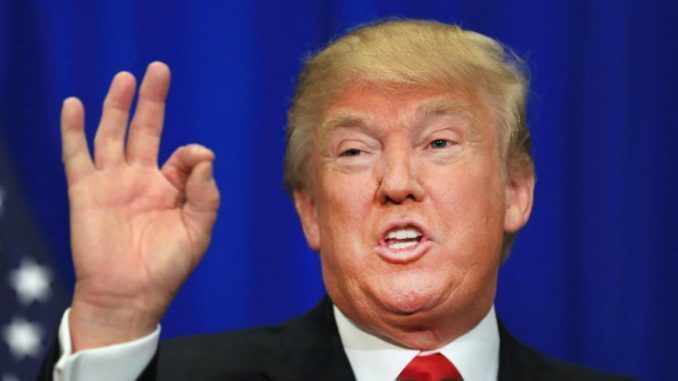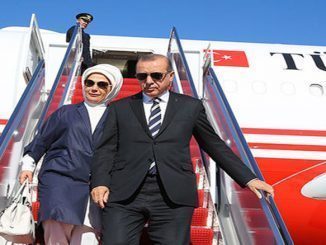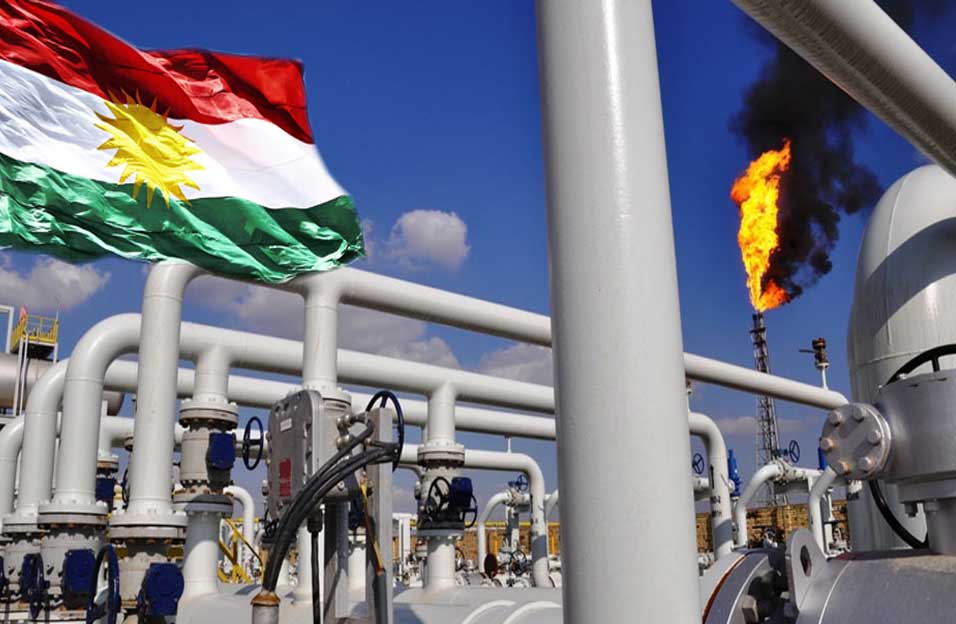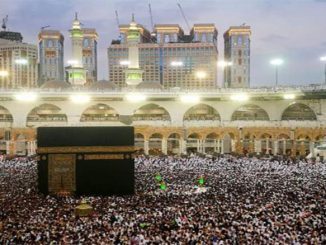
The new US president, Donald Trump, announced new sanctions against Iran after the latter has done a ballistic missile test that was considered a violation of the nuclear deal.
Barack Obama, The former US leader, was behind the historic Iran nuclear deal with P5+1 powers, agreed upon last year, which saw Tehran agree to amend its nuclear output in order to lift all nuclear-related economic sanctions, freeing up tens of billions of dollars in oil revenue and frozen assets.
After lifting the sanctions, Iranian president Hassan Rouhani visited Europe and made deals that worth billions of dollars. European companies started looking for investment opportunities in the growing Iranian market.
However, Trump’s election might change the whole game and threaten the development that was built in the past months.
Trump has said during his election campaign that the deal as “disastrous” and said it would be his “number one priority” to dismantle it.
These threats became clearer after Trump’s inauguration, as he signed an executive order temporarily barring thousands from seven countries in the Middle East and Africa, including Iran, from obtaining visas to travel to the United States.
In a clear challenge, a ballistic missile test was conducted by Iran on Sunday.
A U.S. defense official said that the missile test ended with a “failed” re-entry into the earth’s atmosphere, and later German sources said that the test included nuclear-capable missiles that are considered a breach of the nuclear deal.
After that Trump announced that “we’re officially putting Iran on notice”
Read more: What consequences may follow Trump’s threat for Iran?
New sanctions on Iran
In a move designed to punish Iran for testing its ballistic missile program, the US Treasury Department said it had published a list of 13 people and 12 entities facing new sanctions. The move signaled a marked escalation of tensions between the two countries and comes just hours after the President said Tehran was “playing with fire”.
“The Islamic Republic of Iran is the world’s leading sponsor of terrorism and engages in, and supports, violent activities that destabilize the Middle East,” said US National Security Adviser Michael Flynn.
“That behavior seems continuous despite the very favorable deal given to Iran by the Obama administration. These sanctions target those behaviors.”
Trump told reporters on Thursday when asked if military action was off the table in terms of Iran, that “nothing is off the table”.
Some of the individuals and entities involved in the US sanctions are based in the United Arab Emirates, Lebanon and China.
“This action reflects the United States’ commitment to enforcing sanctions on Iran with respect to its ballistic missile program and destabilizing activities in the region and is fully consistent with the United States’ commitments under the Joint Comprehensive Plan of Action,” the US Treasury statement said.
Halting the ballistic program
Under the sanctions, those involved cannot access the US financial system or deal with US companies. They are also subject to “secondary sanctions”, which means foreign companies and individuals are prohibited from dealing with them, or risk being blacklisted by the United States.
The measures are similar to actions taken by the Obama administration targeting Iran’s ballistic missile network, but senior Trump administration officials said the action was just the opening shot in plans to go after Tehran.
A senior US official told Reuters the sanctions were an “initial step” in response to Iran’s “provocative behavior”, suggesting more could follow if Tehran does not curb its ballistic missile program and continues support for Houthi militia in Yemen.
The US moved a Navy destroyer, the USS Cole, close to the Bab al-Mandab Strait off the coast of Yemen to protect waterways.
The US keeps a separate sanctions list that is not nuclear-related. Mr Obama imposed sanctions throughout his two terms on two dozen Iranian individuals and entities, which Mr Trump said was “weak”.
It is unclear how effective President Trump’s move will prove in halting Iran’s missile development. The new sanctions don’t affect Iran Air, a big Iranian bank or a major government entity, and appear to be a warning shot across the bow by the new administration.
“This is part of a much broader strategy and merely a sign of coming attractions,” Mark Dubowitz, CEO of the Foundation for Defence of Democracies, who is advising the administration and Congress on Iran-related issues, told AP. “The focus is clearly on missile procurement networks and represents a first step in the administration’s escalation against Iran’s missile program support for terrorism and other malign activities.”
Iran’s response and the long-awaited chance
Iran is likely to calibrate its responses based on how the U.S. acts.
Tougher U.S. sanctions could convince Tehran to start reinterpreting the terms of the nuclear deal, said Mohammad Marandi, a political analyst in Tehran.
“The Iranians will reciprocate,” he said. “The more the Americans disregard the agreement … the more the Iranians will find new ways of interpreting the text that do not work to the benefit of the United States.”
Ali-Akbar Velayati, the foreign adviser of Ayatollah Ali Khamenei, Iran’s supreme leader, predicted this week that “the US will be the final loser”.
“It is not for the first time that a naive person from the US poses threats to Iran,” he told state media.
“Our missile drills are a show of our might,” added Tehran Friday prayer leader Ayatollah Ahmad Khatami. “We are living in a world of wolves – wolves such as the arrogant government of America. In this world of wolves, should we remain unarmed and they do whatever damn things they want? No way! This will never happen!”
More direct action could include an uptick in harassment of U.S. warships by Revolutionary Guard speedboats in the Gulf, or new cyberattacks like one that crippled the network of Saudi Arabia’s state oil company in 2012.
Iran also could boost support for regional allies such as Lebanon’s Hezbollah or the Houthis in Yemen.
In addition, this war can be the political victory that the hardliners have sought since te nuclear deal
Iranian Supreme Leader Ali Khamenei regularly criticizes the United States and the deal, saying it should not be trusted and it wasn’t doing its part of the deal.
Khamenei has already promised to “set fire” to the nuclear deal if the West violates it. and has repeatedly complained it has not received benefits promised.
Trump’s war on Iran would just prove him right and will strengthen his hold on the Iranians’ minds, who will just see the west as the devil their leader always spoke about.



